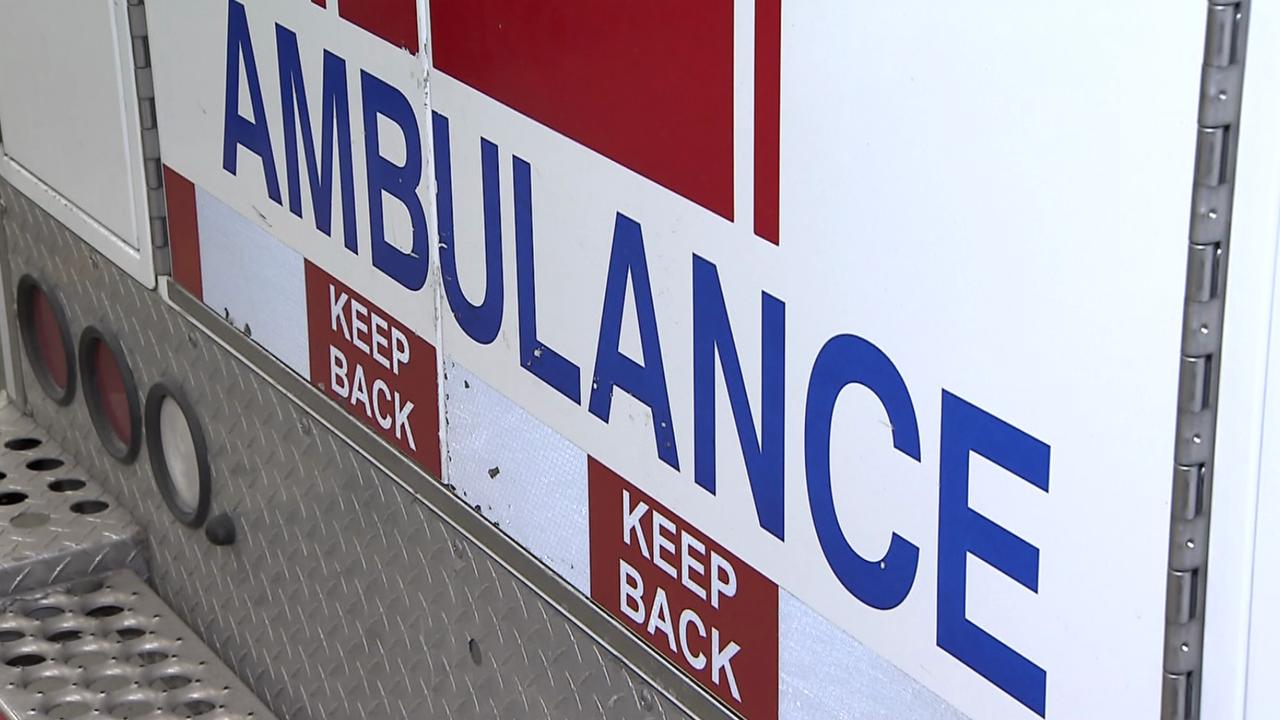(Editor’s note: this story contains references to suicide. If you or someone you know is at risk of self-harm, support is available by calling the BC Crisis Centre at 988.)
Paramedics and dispatchers are suffering from a “profound” mental health crisis within the ambulance service, and their union is calling for immediate help.
According to the Ambulance Paramedics of BC – CUPE 873, 2025 has seen a record number of suicides among paramedics.
In addition, at least 30 per cent of all members are currently either off work for mental health issues or are receiving treatment while still on the job.
“To be brutally honest, we think the numbers are a lot higher, because there’s still such a stigma involved with coming forward and putting your hand up,” said Ian Tait, the union’s provincial director.
“So we think there’s actually a certain percentage of our members up there that are suffering and getting no treatment whatsoever. It’s very worrisome.”
Nine members have passed away this year, four of whom took their own lives, Tait says.
He says paramedics are under extreme pressure as they operate on the front lines of multiple public crises and are constantly faced with traumatic situations.
“Whether it’s COVID, the ongoing opioid crisis, heat domes, just general society dealing with mental health and wellness calls, traumas, violence — we are the ones that are dealing with those people everywhere,” said Tait.
“It’s hard to continually go to that, day in, day out, especially when we’re constantly understaffed.”
Tait says the profession has always been dangerous, but the situation has worsened in recent years. For example, multiple paramedics were assaulted last year while working with unhoused people dealing with mental health issues and addictions, more so than in the past.
“We are the ones that go into their encampments, into their tents, we go into the SROs,” he said. “We are there to help them. We are the non-judging hand that reaches out to help them when people are in a crisis, when they are suffering.”
Tangible solutions are needed now, the union says. Tait says one thing that should be a priority is staffing, as currently many ambulances go empty while there aren’t enough paramedics to work in them, and it isn’t just a question of not being able to find qualified employees.
“To allow double time or overtime to be approved, we notice that shifts the next day have less call volume per ambulance, so it actually helps immediately,” he said.
He says these are things that need to be spelled out in their contracts, and this will be discussed as the union enters bargaining sometime in the next few months.
B.C. paramedics responded to nearly a million calls last year alone, Tait says, and the numbers continue to climb.
In a statement, Jennie Helmer, the chief operations officer of BC Emergency Health Services, said, “Paramedics do extremely difficult, stressful work to help British Columbians in times of crisis, and there is no doubt that that has impacts on workers’ mental health. It’s our job as employer to ensure supports are in place and people know how to access them – and we’re working now on how we can further strengthen mental health supports.”
“In collaboration with our union partners, board, frontline leaders, and HR staff, we are working now on how we can further strengthen the services and supports we offer staff who may be struggling with mental health,” she said. “This includes the introduction of new education tools for our staff and leaders that will help them recognize and respond to signs of distress in ourselves and others.
“We continue to listen to our frontline employees to learn more about what they are facing — including the stresses associated with ongoing toxic drug crisis, the impacts of the COVID-19 pandemic, and the work associated with supporting ED [emergency department] closures and how we can better support them now and in the future.”

